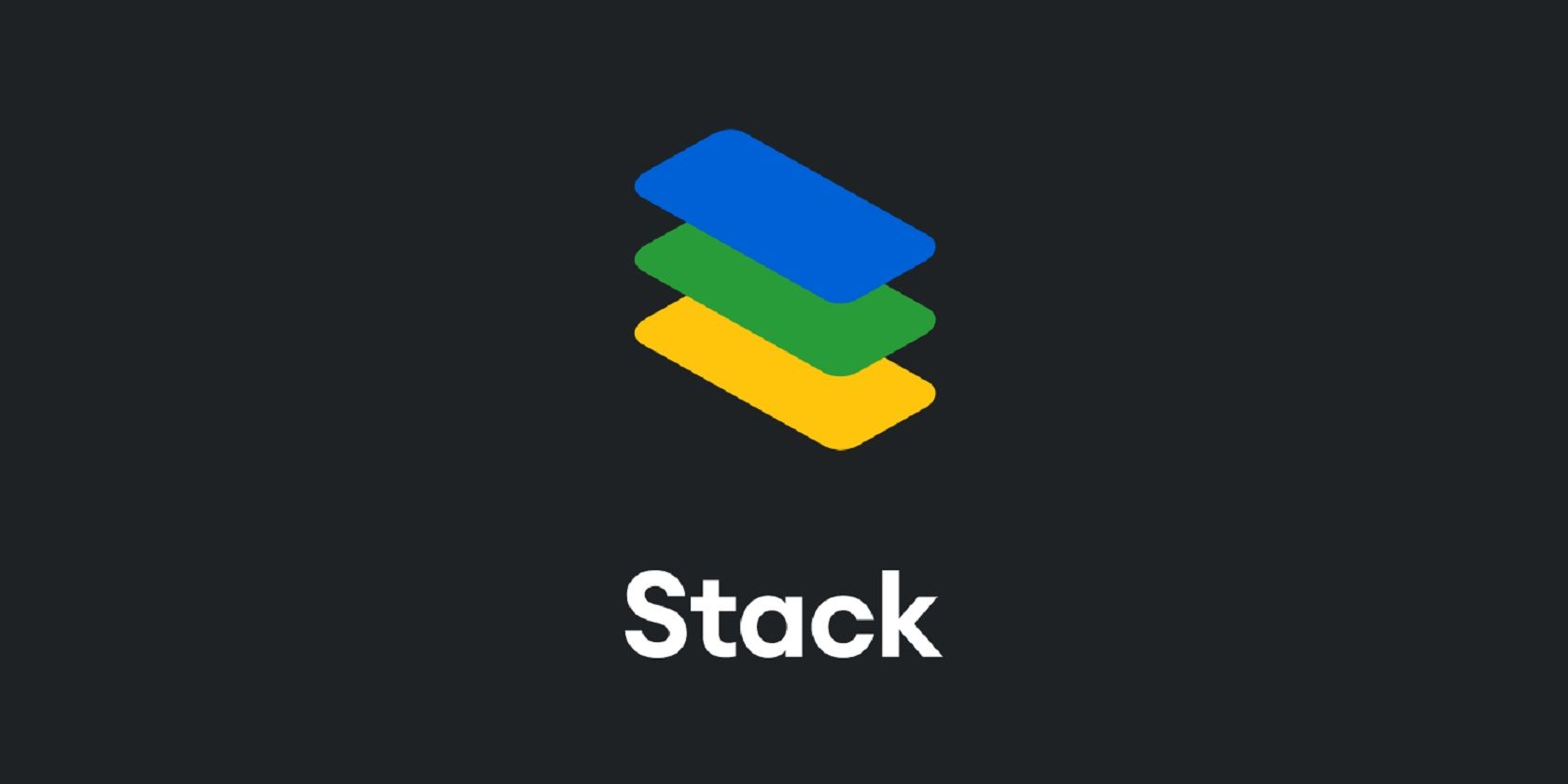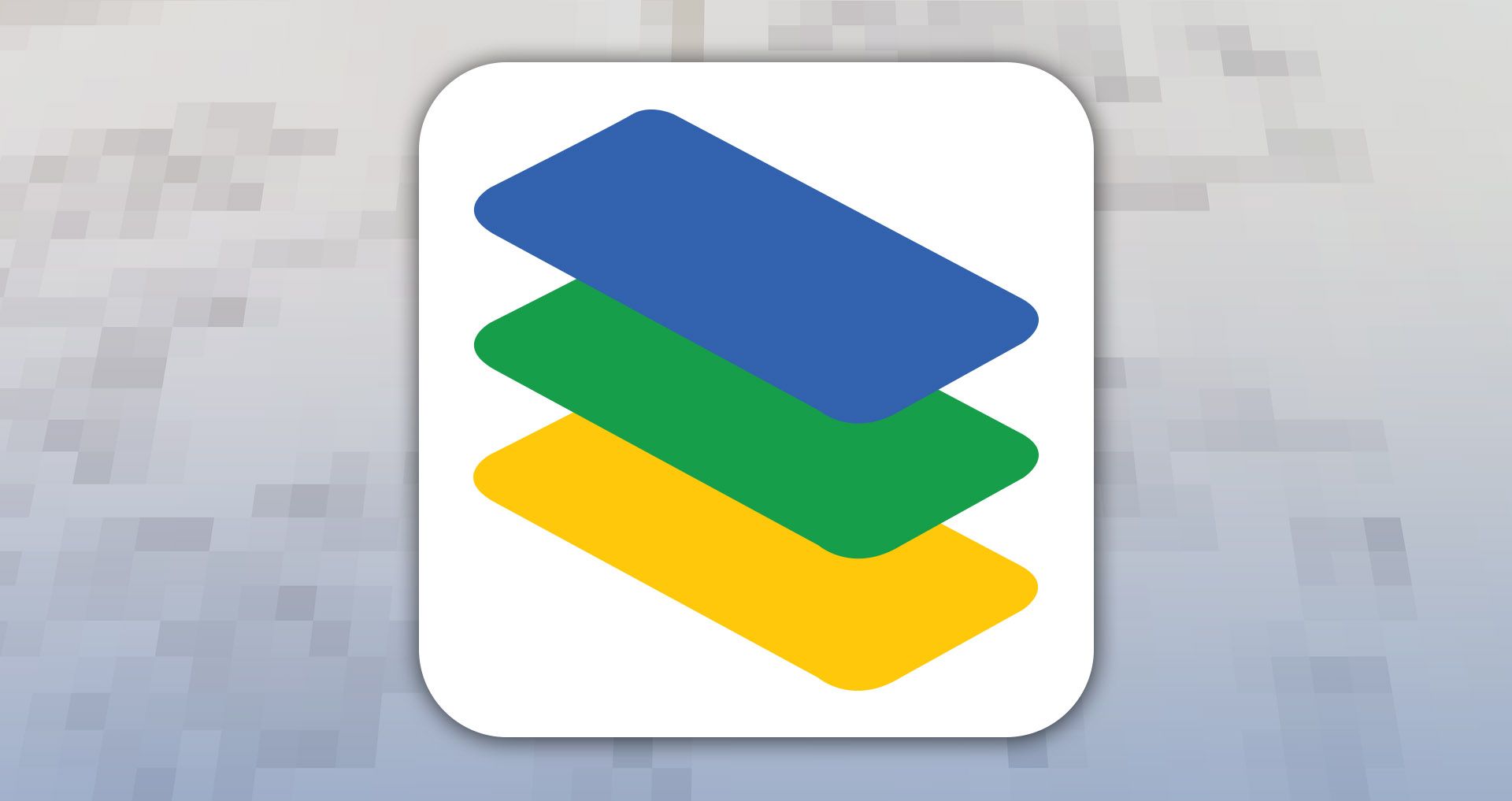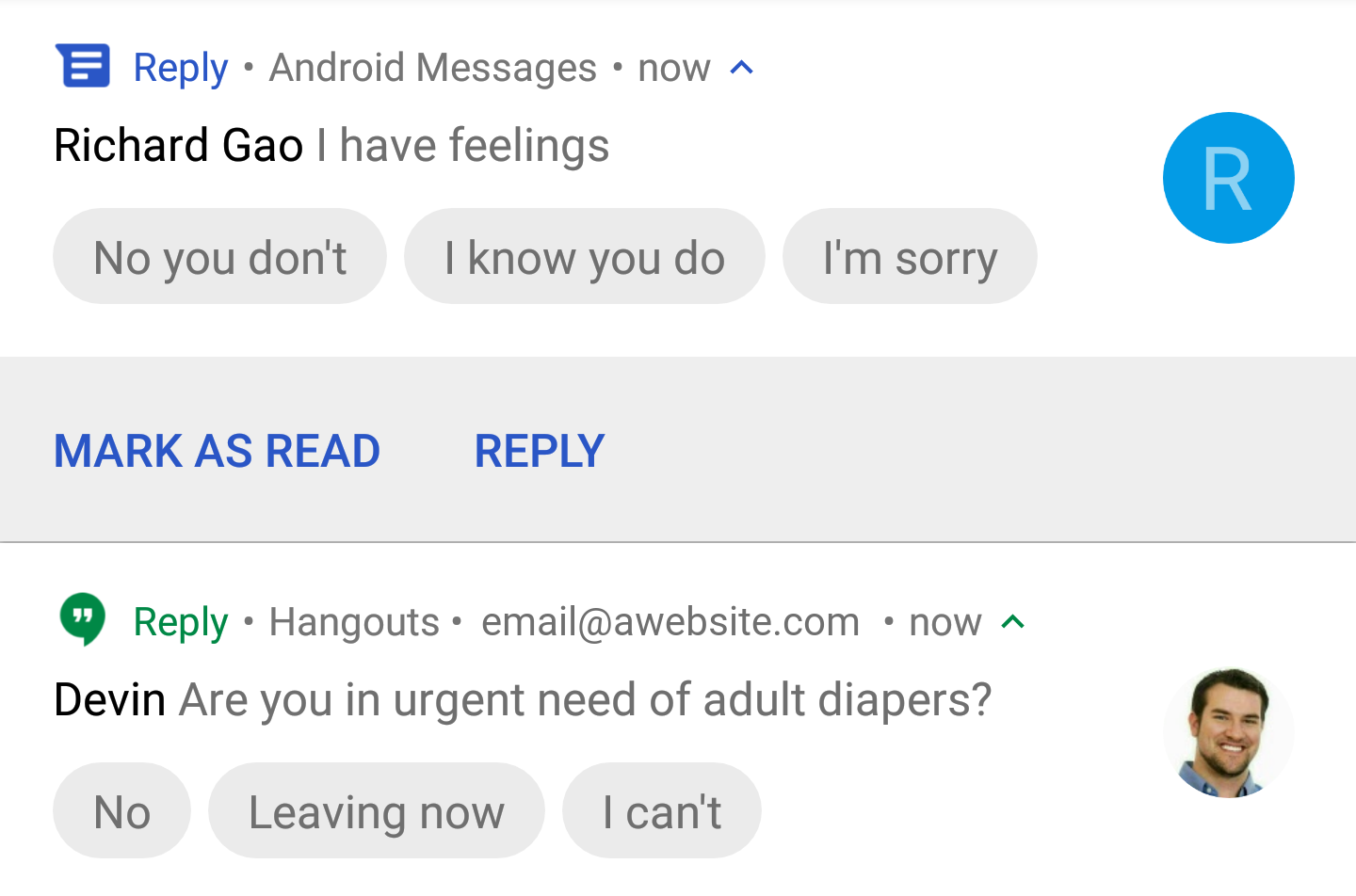latest

Google shuts down its latest attempt at a social media app
The Area 120 experiment called Keen is shutting down this month
Alongside its core apps such as Gmail, the Workspace suite, Maps, and apps exclusive to Pixel phones, Google also devotes considerable efforts and resources to experimenting with new ideas for services which could be spun into their own businesses, much like self-driving car company Waymo. However, 2023 was a rough year for Alphabet Inc., and we are still seeing a ripple effect with the latest shutdown of a Pinterest-style social media platform called Keen.

Creating and sharing documents has changed a lot in the last few decades. File cabinets are becoming a thing of the past, but document management is more important than ever. It's helpful to use the tools that let you access your records on your phone and computer, especially if you store documents in the cloud.

Google confirms plans for the next service it's shutting down
A new message in code-learning app Grasshopper announces it will be sunset later this year
Read update
Google is infamous for ruthlessly killing services it doesn’t deem successful or viable anymore. Just this winter, the company sunset Stadia, it’s high-profile game streaming platform that it announced with much fanfare a few years earlier. Google just spilled the beans on yet another shutdown, though this one might not ring a bell for you. A shutdown notice has just been posted for the Grasshopper app, a Duolingo-like service the company's Area 120 team created to help you learn how to code.

Google wants to battle TikTok with 'applied AI' projects from Area 120
After the pink slips comes the restructuring
The pure largess of Alphabet lends plenty of follow-up opportunities to stories like the axing of more than 12,000 jobs across its various properties. For one, we've seen proportionally deeper cuts to the team developing the up-and-coming Fuchsia OS as well as to projects at Google's Area 120 incubator. We're now learning of the Area 120 remnants that will be carried forward as well as the mounting of a potential offensive against the likes of Instagram and TikTok.

Mass layoffs hobble Google's future-building Fuchsia and Area 120 teams
One of every six staffers working on Fuchsia was let go
Read update
When Google parent company Alphabet unceremoniously announced it would cut 12,000 jobs this week, it was framed as a 6% reduction that was probably concentrated on administrative positions and a surge of hires made during the COVID pandemic. But follow-up reporting about where cuts have actually taken place inside the company that has prided itself on letting employees spend 20% of their office hours working on personal projects indicates that the company is reducing its exposure to risky ambitious moonshot projects. It may also be cutting back on a future software bet as it continues supporting its burgeoning hardware division.

Where do new Google products come from? Occasionally, they come from the company's experimental incubator, Area 120. One of the biggest projects to come out of it is GameSnacks, which was integrated into Chrome and geared towards people with low memory on slow connections. Lots of projects that were cooking there, though, will now never see the light of day — and not because they flopped, but rather, because Google just cut funding to the project.

Google's Area 120 wants to make it easy to dub videos into new languages
Easy as uno, dos, tres, catorce
Depending on your language skills, some online videos — no matter how educational — might be rendered useless to you if you can't understand them. With an intriguing new feature developed by Area 120, Google's experimental lab, that could change in a big way. It's working on a tool that the company says will make adding audio in a different language from the original as simple as typing the translation in a document.

Google revives yet another old brand name for a new purpose
Google Labs is back, but it's an internal Alphabet team now
Google has always been a company that loves to experiment and give their employees the freedom to explore far-out ventures, even if they might feel less than tangentially related to the company's core products. The business has formalized things a bit with its "Area 120" division focusing on these moonshots, but it looks like Google wants to bring the team closer to its CEO's reach. As reported by TechCrunch, Area 120 and a few other long-term bets are being restructured into a new "Google Labs" team — a rebranding right in line with Google TV, YouTube Music, Google Home, and co.

Google's Area 120 team jumps on the latest media trend in its new app
You know, since everyone has a newsletter now
Blogs, podcasts, YouTube channels — it seems like there's always some new kind of media to "pivot" to, especially if you're trying to avoid being left out of the crowd. Newsletters have been the "next big thing" for a while now, with countless reporters and online personalities switching to paid email subscriptions to further their support. If you've been dreaming of writing your own newsletter, Google's latest experiment might be just what you need.

Google's Area 120 made a slick document scanner app
Stack automatically organizes your receipts and saves them in Google Drive
Area 120 is a Google team that focuses on small, experimental applications. Its latest release is its most practical yet: Stack, a document scanner and organizer that automatically grabs details via optical character recognition. It's available in the Play Store now, though it might not be accessible from all regions.

Google is shutting down its Rivet reading practice apps
It will be offered as a "Google Assistant experience" later this winter
Back in 2018, Area 120, Google's experimental product division, introduced Rivet, a free reading-practice app for kids. It has since dropped the beta label and gained smartphone support, making it more accessible to a higher number of parents and children. As Rivet is a Google product, it was safe to assume the app could be axed unexpectedly, which is precisely what the company just announced.

Area 120's latest experiment harnesses bots to let teams work better together
Tables is a work tracking tool with automation built in
Google's Area 120 incubator is responsible for a lot of weird projects. From TikTok-inspired shopping to Pinterest powered by AI, Area 120 has made it all happen. The group's latest project is a work-tracking tool called Tables, and though it might be more practical than previous ventures, it's still got the usual amount of Googleyness built in.

The latest strange startup from Google's Area 120 is a mix of some YouTube, a bit of Twitch, and a dash of Patreon
Fundo lets users have fun while giving creators funds
Google's Area 120 incubator is billed as a way to launch new and experimental projects. Lately, that has meant releasing weird remixed clones of Pinterest and TikTok. Now the workshop is launching its latest work: Fundo, a platform that connects fans and creators with virtual events and experiences.

Google's experimental Area 120 division has just released a new product, and this time it isn't just another Pinterest clone. Shoploop, as its name might imply, is a video shopping platform that shows short not-quite reviews for products from creators and brands in short (90 seconds or less) videos. Think of it as an Instagram or TikTok feed of product videos. Right now, it's focusing on stuff like makeup and skincare, but Shoploop plans to expand to more product types in the future, including clothing, jewelry, and electronics.

Keen from Google's Area 120 is yet another AI-powered Pinterest wannabe
Hasn't Google heard of Tangi?
If you're looking to get into a hobby or accomplish a goal, you might turn to places like Etsy and Pinterest for some inspiration. Google's experimental Area 120 workshop launched an earnest attempt at becoming such a source mere days ago with Tangi. Now, that team has come together with the company's People and Artificial Intelligence Research group to make something more akin to a Pinterest-Reddit hybrid called Keen.

Google is killing Shoelace, a hyperlocal social networking app the company spun up just last summer from its Area 120 experimental products division. Most folks never got to use it, since it was an NYC-exclusive and, at least at one point, invite-only. Shoelaces formal death is set for May 12th.

Google has just opened up crowdsourcing's potential to improve our lives by just a pinch more. In addition to fueling traffic speed and accident reports on Waze and Google Maps, the company is now experimenting with user-submitted data for a real-time public transit tracker app called Pigeon. It's been tested in New York City and is now headed out to six other U.S. cities.

Google's history with social networking has been tumultuous, to say the least. The most successful attempt has been Google+, which gave competitors Facebook and Twitter reason to be concerned, but ultimately went into disrepair and finally shut down back in April. Few will remember another long lost attempt that went by the name Schemer, a hyperlocal social network designed to help people discover and plan things to do in their area. Things also went poorly for Schemer and it was retired after just 2 years. Now it looks like Google's experimental Area 120 group is taking a run at resurrecting this style of app with a new service called Shoelace.

Earlier this year, Google's Area 120 — a division of the company that works on experimental products — pushed out a testing program for an app called "Reply," which added Allo-style, automatically generated smart replies to other messaging apps. That functionality has made its way into other Google apps, with native support for developer implementation of the feature in Android Pie. Based on that success, it appears Area 120 is sunsetting the old Reply app itself.

Area 120 is an experimental startup incubator at Google, responsible for projects such as Reply, and its latest output is a new type of travel guide called Touring Bird. It's a website designed with mobile in mind (looking very much like an app) that recommends carefully selected attractions, tours, and activities in 20 cities around the world.














